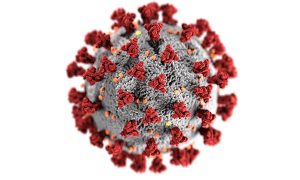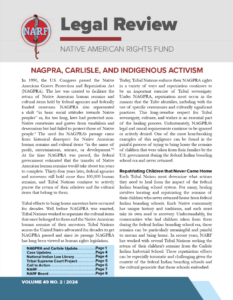The war has caused more than 13,000 deaths, a surge in egregious sexual and ethnic violence, and the displacement of millions of civilians, gravely harming the cause of democracy and freedom for the Sudanese people.
“Freedom House calls on the United States and the European Union to unite in exerting pressure on regional actors—including the United Arab Emirates, Egypt, and Sudanese forces—to work with the African Union toward an immediate resolution to the crisis. Key measures should include robust sanctions on governments that are supporting the SAF or RSF, additional targeted sanctionsagainst the SAF and RSF’s leaders and their businesses, rigorous enforcement of arms embargoes on the country, and peace talks that meaningfully include representatives and participants from Sudan’s prodemocracy movement, especially women and youth. The recent appointment of a US special envoy for Sudan is a positive step, but it must be followed by concrete actions to halt military support to the belligerent parties and to push for a cease-fire and a return to civilian governance. In addition, the international community should back thorough investigations into the conflict’s human rights breaches, collaborating with the International Criminal Court to hold perpetrators accountable and deliver justice for victims.
“Despite harrowing challenges, the people of Sudan continue to demonstrate immense bravery and resolve in their pursuit of democracy. Freedom House calls on the international community to take swift, decisive action in support of their desire for political liberty, human rights, and fundamental dignity.”
Background:
On April 15, 2023, war erupted between the SAF and the RSF, leading to catastrophic human rights abuses and threatening the fabric of Sudanese society. The conflict has its roots in a decades-long struggle against authoritarian rule and corruption in the country.
In December 2018, Sudanese citizens launched a peaceful protest movement that placed pressure on longtime dictator Omar al-Bashir until military commanders and other security officials ousted him in April 2019. On June 3, 2019, security forces attacked peaceful protesters outside military headquarters in Khartoum, killing at least 127 people and earning international condemnation. That August, a transitional government was formed as part of a three-year power-sharing agreement between the military, civilian officials, and representatives of Sudanese civil society, with a mandate to prepare the country for elections, in part by achieving justice and accountability for atrocities committed against protesters during the revolution.
On October 25, 2021, the SAF, led by General Abdel Fattah al-Burhan, and the RSF, headed by Mohamed Hamdan Dagalo (Hemedti), took control of the government in a military coup, derailing the fragile transition to democracy. In response, the African Union suspended Sudan, and the United States and the World Bank halted aid to the country. The following month, al-Burhan agreed to restart a transition to civilian rule, with elections slated for July 2023.
Military and civilian leaders met in January 2023 to negotiate the implementation of transitional justice and security reforms, including the integration of the RSF into the regular SAF military structure. In April, however, tensions between the SAF and the RSF over the integration escalated to dangerous levels, and on April 15, explosions and gunfire in Khartoum marked the onset of war.
The ensuing conflict has resulted in the loss of at least 13,000 lives and displaced over 10 million people, creating a dire humanitarian crisis and a breeding ground for human rights violations, including ethnically motivated atrocities, sexual and gender-based violence, and an unprecedented backlash against human rights advocates and civic activists.
Sudan is rated Not Free in Freedom in the World 2024 and Not Free in Freedom on the Net 2023.




